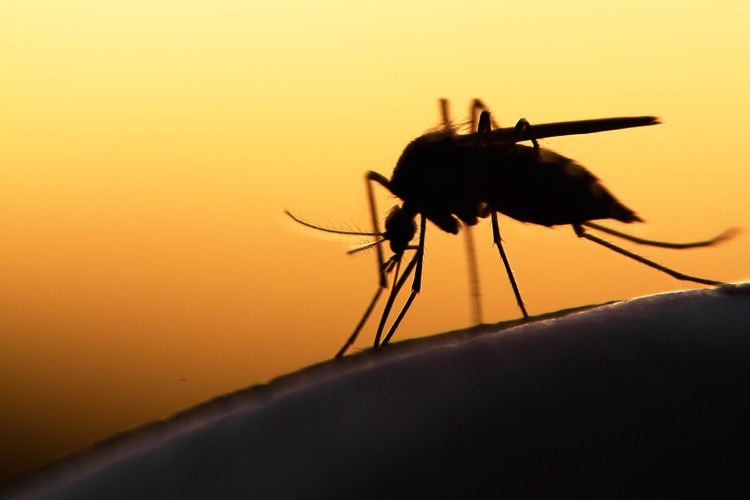
Cabo Verde is the third African country to successfully eliminate malaria in the last 50 years
Cabo Verde is the third country to be certified by the World Health Organisation (WHO) as malaria-free, joining Mauritius and Algeria which were certified in 1973 and 2019 respectively. It’s a positive step forward in the battle against the disease, which has seen little progress in the last decade.
Certification by the WHO is granted when a country has proven, beyond reasonable doubt, that the local transmission of all human malaria parasites has been interrupted nationwide for at least the past three consecutive years, and that measures are in place to prevent their re-establishment.
Cabo Verde, located 1,000 kilometres off the coast of West Africa, consists of 10 volcanic islands and is home to just under 600,000 people. Malaria has been endemic to the island archipelago since it was first settled in the 16th century. In the 1950s, Cabo Verde had an estimated 15,000 cases of malaria per year – around 10 per cent of the nation’s population. Since then, the number of cases has progressively declined.
Between 2010 and 2019, a total of 819 malaria cases were reported in the country, but an outbreak in 2017 thwarted previous attempts to eliminate the disease. In response, Cabo Verde focused its efforts on controlling the Anopheles arabiensis mosquito, the region’s primary vector, using methods such as indoor residual insecticide spraying in homes and buildings, malaria control at entry points (ports and airports), and the improved detection, diagnosis and treatment of the disease. As a result of this work, endemic malaria has not been reported in Cabo Verde in more than four years.
This work will need to continue, as the high mobility between the islands and continental Africa, where malaria is still highly endemic, means there is a constant risk of malaria reintroduction. Malaria burden is the highest on the African continent, which accounted for approximately 95 per cent of global malaria cases and 96 per cent of related deaths in 2021.




